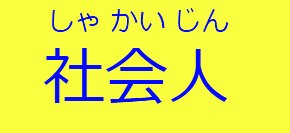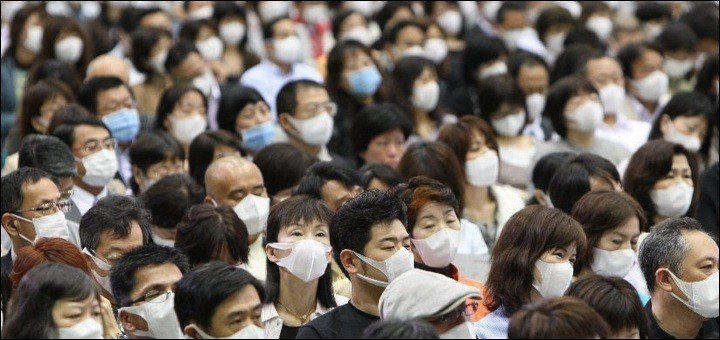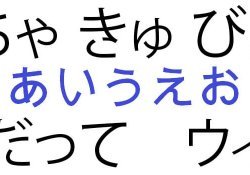Have you ever heard of Shakaijin? At the Japanese languageas in other languages around the world, there are words that carry a meaning that can be considered offensive for many people. In Japanese society it is essential to treat others with respect and, therefore, politeness in the use of language is something that is usually very widespread and taught. The wrong use of a word considered offensive in some contexts can generate discomfort among the interlocutors.
Shakaijin (社会人, しゃかいじん), for example, is one of the many words in the Japanese language (and there is no exact equivalent in English) that carry within them some controversies cultural, although this understanding may vary from person to person.
In this article, we will get to know the meaning, some possible translations and the controversies surrounding the use of this term within the Japanese social context.

Prepare the coffee and good reading!
Shakaijin - Meaning and Translation

In general, we can deduce the meaning of a given word by analyzing the kanji that compose it, the context in which it is used and the translations found in the most diverse languages (such as English and Portuguese). Based on this principle, we have that the term “Shakaijin” is composed of three kanji, which are: 社 (しゃ, sha), which carries with it the meaning of "society", "company" or "company";会 (かい, kai), which is present in the verb 会う (あう, au) which means "meet someone" or "gather together" and predominantly carries this sense of "encounter" and "meeting"; and finally 人 (ひと, hito) which means "person".

On the other hand, instead of just analyzing each kanji separately, we have to remember that "shakai" (社会) alone means "society", and portanto, when joined to the kanji of person (人, ひと, hito) thus translates a general idea of the meaning of the word, that is, something close to "person of society". In this sense, the translation of the word "shakaijin" varies a lot, and it is very common to see three translations, in particular: "society person", "society member" or "working adult". The translation "salaried" is also frequent.
Cultural context and controversy
A controversy behind this term is the fact that it usually designates only adult people who are working at some job. Thus, students (学生, がくせい, gakusei), unemployed people and housewives end up not being considered "shakaijin". In this sense, students and people who do not have a steady job would end up being outside the group composed of "members of society", which generates a lot of controversy, as it can result in an increase in social pressure on these individuals.
The term ends up indirectly indicating that only those who become adults and enter society as a workforce will be recognized as first-class citizens, relegating other individuals to a lower category.
Recently, on social networks such as Twitter and Quora, the discussion about this word came to the fore, with several users expressing their displeasure and expressing opinions on the issue.
Even if we consider the Japanese cultural context, with some Confucian influence in its provinces, the rapid economic growth after World War II and the issue of "work addiction" that affects a large number of wage earners (サラリーマン, sarariiman), we can infer that the historical, cultural, social and religious roots were the crucial factors for this type of mentality and for the origin of the shakaijin.

“Taboo” words
There are other controversial words in the Japanese language. Generally, the vocabulary related to the physically, mentally disabled and sex workers often generate heated debates and even public apologies on television shows. It is always important to make sure if a certain word is common or if it is frowned upon by people.
To refer to subjects with some type of disability, for example, the expression 身体の不自由な方 (からだのふじゆうなかた, karada no fujiyuu na kata) is usually used, which literally means something like "Subjects without bodily freedom", being a more delicate and appropriate way to refer to the physically disabled.
There are several other examples of sensitive vocabulary and prohibited terms in the Japanese language. To better understand the subject, we recommend reading the Posts below:
Japan Social Taboos - Two Forbidden Words - Suki Desu (skesu.com)
Kurombo, racist term in Japanese - Suki Desu (skesu.com)
The article is still halfway through, but we recommend also reading:
Conclusion
Finally, we recommend that you also read our cultural tips, as the Japanese language is directly related to the customs of Japanese society.
We recommend reading this Post in English about the "shakaijin" as a more in-depth complement on this topic: (44) Becoming Shakaijin: Working-Class Reproduction in Japan | James Roberson – Academia.edu
What's up? Did you like the article? So comment, like and share with your friends!






